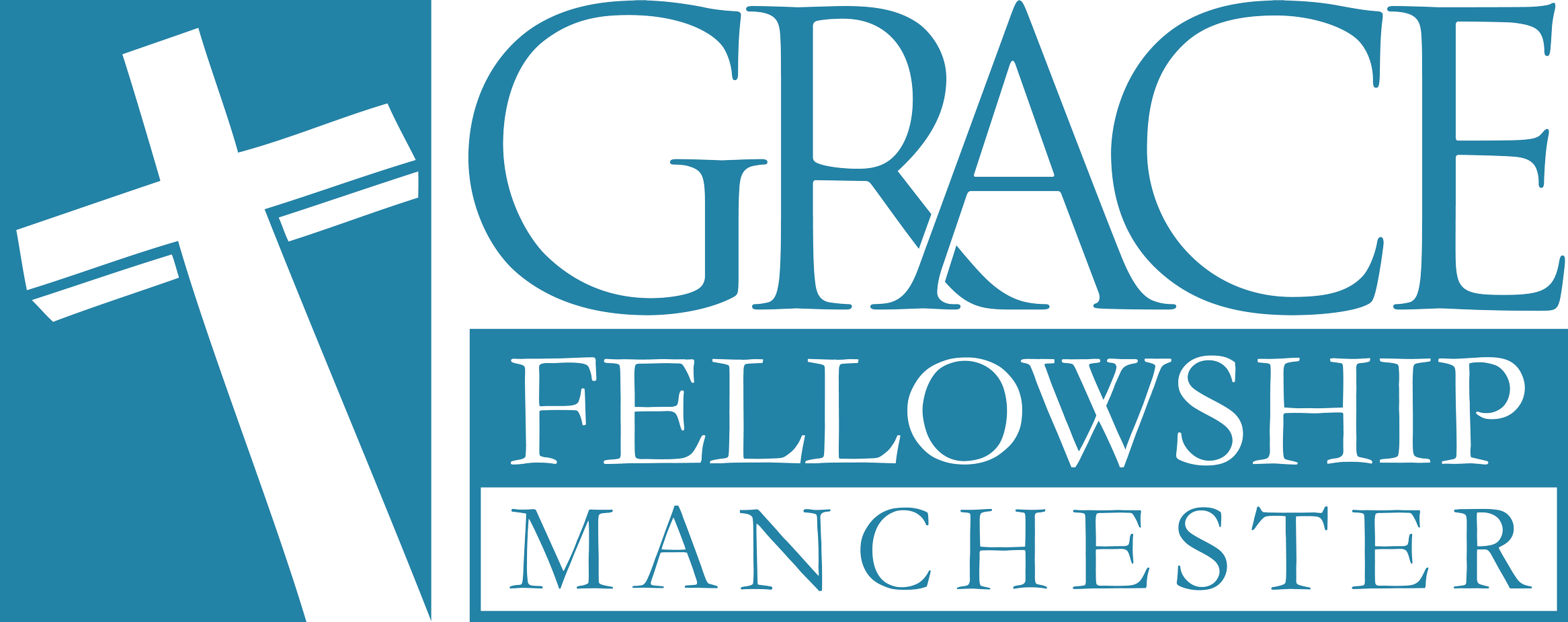> Edward Payson was born in 1783 to Seth Payson, a Congregational pastor in Rindge, New Hampshire. From an early age, his unusual intelligence was evident. By age 4, he was a proficient reader and his thirst for knowledge became a ruling passion in his life.
Edward Payson was born in 1783 to Seth Payson, a Congregational pastor in Rindge, New Hampshire. From an early age, his unusual intelligence was evident. By age 4, he was a proficient reader and his thirst for knowledge became a ruling passion in his life.
When Edward was 17, his father enrolled him at Harvard and he graduated in 3 years. His classmates ridiculed him, saying in jest that Payson had read every book in the Harvard library.
The death of his brother in 1804 ignited his conversion. It was a decisive change for the 21 year old. He wrote his mother about his new relationship with Christ: “I am so happy that I can hardly think about or write about anything else.” Convinced that God had called him into the ministry, he began rigorous personal disciplines that would produce a great spiritual harvest. He rose early for prayer and Scripture reading. He immersed himself in good books by Jonathan Edwards and others, preparing himself for the calling he keenly felt God had on his life.
He began increasingly to enter into the life of prayer that later made him famous. “He prayed without ceasing,” wrote his biographer, “he studied on his knees. Much of his time was spent prostrated with the Bible open before him, pleading the promises of God.”
In 1807, Payson began pastoring the Congregational Church in Portland, Maine, where he served until his death in 1827. Such grace and power attended his preaching that three Congregational churches asked him to become their pastor. One even offered to build a new church building for the large crowds that waited to hear his preaching. A typical entry in his diary during this time reads: “What was preached seemed to come with power; many were in tears and all seemed stirred up, so that, though I went [to church] crushed down under discouragement, I came back rejoicing.”
In 1811, Payson married Ann Louisa Shipman. They had eight children and their family was a model for godliness and was admired throughout New England.
Payson was an effective soul-winner and pastor. Unlike many churches today, his congregation did not grow primarily by disgruntled Christians transferring from other churches. He also did not consider a person to be converted just on the basis of his testimony alone. He, like other pastors of his generation, waited until the professed convert showed signs of spiritual fruit. Only then did they consider a person converted and would admit the person to the communion table.
In September, 1809, Payson wrote his mother: “At our last communion, we admitted 11 to the church and next Sabbath we shall admit 12 more. The appetite for hearing the truth seems insatiable and our assemblies are more crowded than ever. Many have joined us lately.” This was typical of his experience. During the 20 years of his ministry, his church received more than 700 converts.
The first explanation is Payson’s success at prayer. At 26, he wrote in his diary, “I was enabled to agonize in prayer for myself and the people, and to make intercession with unutterable groanings.” He was given the nickname “Praying Payson.” It has been said and documented that the wood floor at his bedside was worn down by his knees from regular times of prayer.
The second reason for his success was his emphasis on preaching. Payson believed that the proclamation of God’s Word was his primary job. To this end, he labored in prayer and the Word of God many hours each day. Church affairs and counseling did not distract him until his time with God was satisfied.
Payson preached with great passion, love, and affection. He always sought, like Charles Simeon, “to rouse and humble them rather than to comfort them, for if they can be kept humble, comfort will follow.”
As his preaching reputation grew, he received numerous invitations to preach in neighboring New England churches. Offers began to come from larger churches in New York City, but Payson refused them all. Ambitious for God alone, he remained loyal to the flock God had entrusted to his care.
After his death many tried to explain the power behind his preaching. “It was the eloquence of truth spoken in love,” wrote his biographer, “The words seemed to come from his mouth encompassed by that glowing atmosphere that was in his heart, to brand their very impression in every heart upon which they fell.”
God did not favor Payson with a long life. In his early 40’s, his health began to fail. He suffered great pain for several months. As his suffering grew, so did his joy in God. He finally lost the use of his limbs. Although confined to a bed in pain, the joy of the Holy Spirit filled him. “I can find no words to express my happiness,” he wrote to a friend, “I seem to be swimming in a rive of pleasure which is carrying me on to the great fountain.” Payson died in the spring of 1827 and has since been remembered as Praying Payson of Portland.
– William Farley

